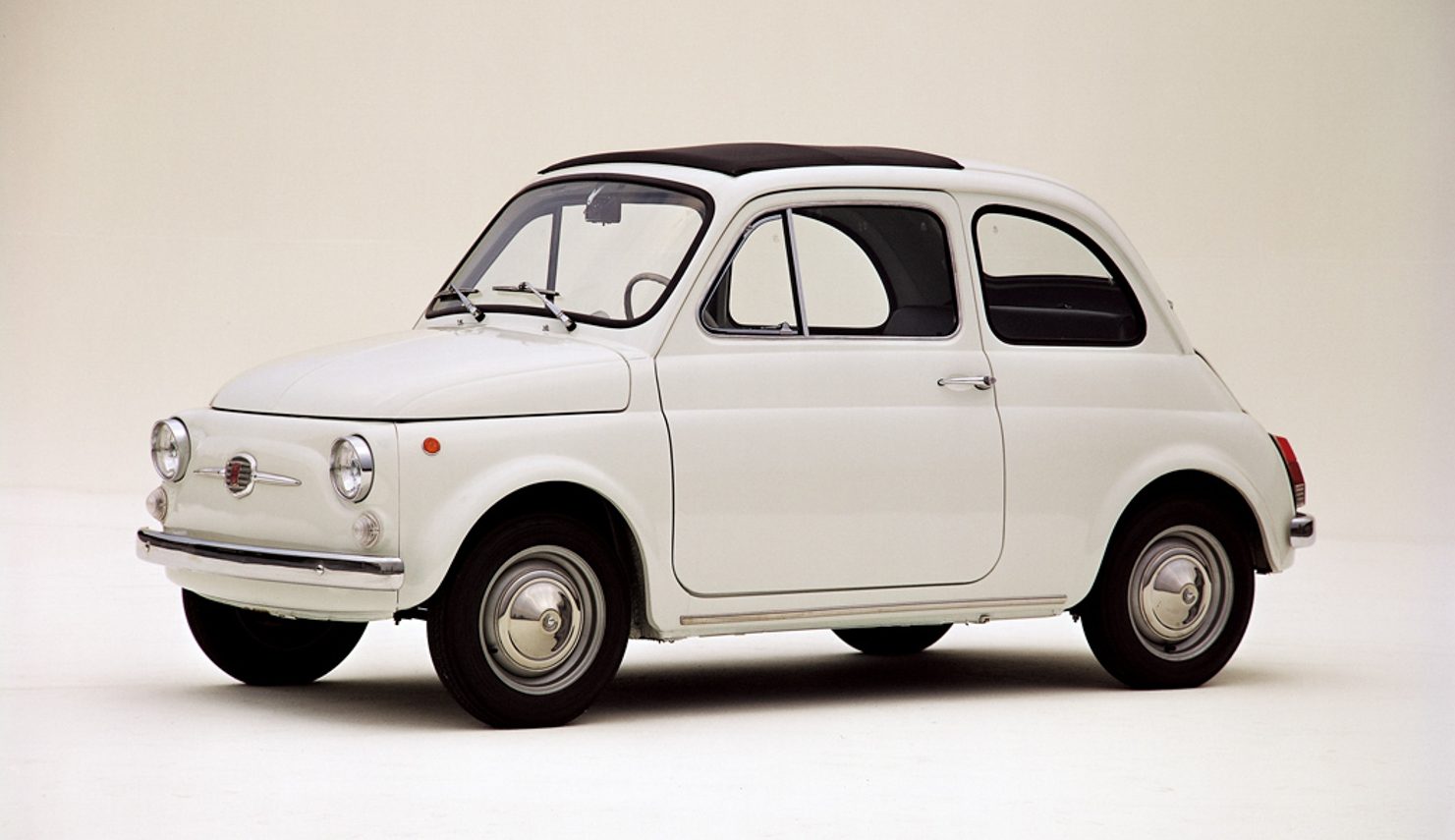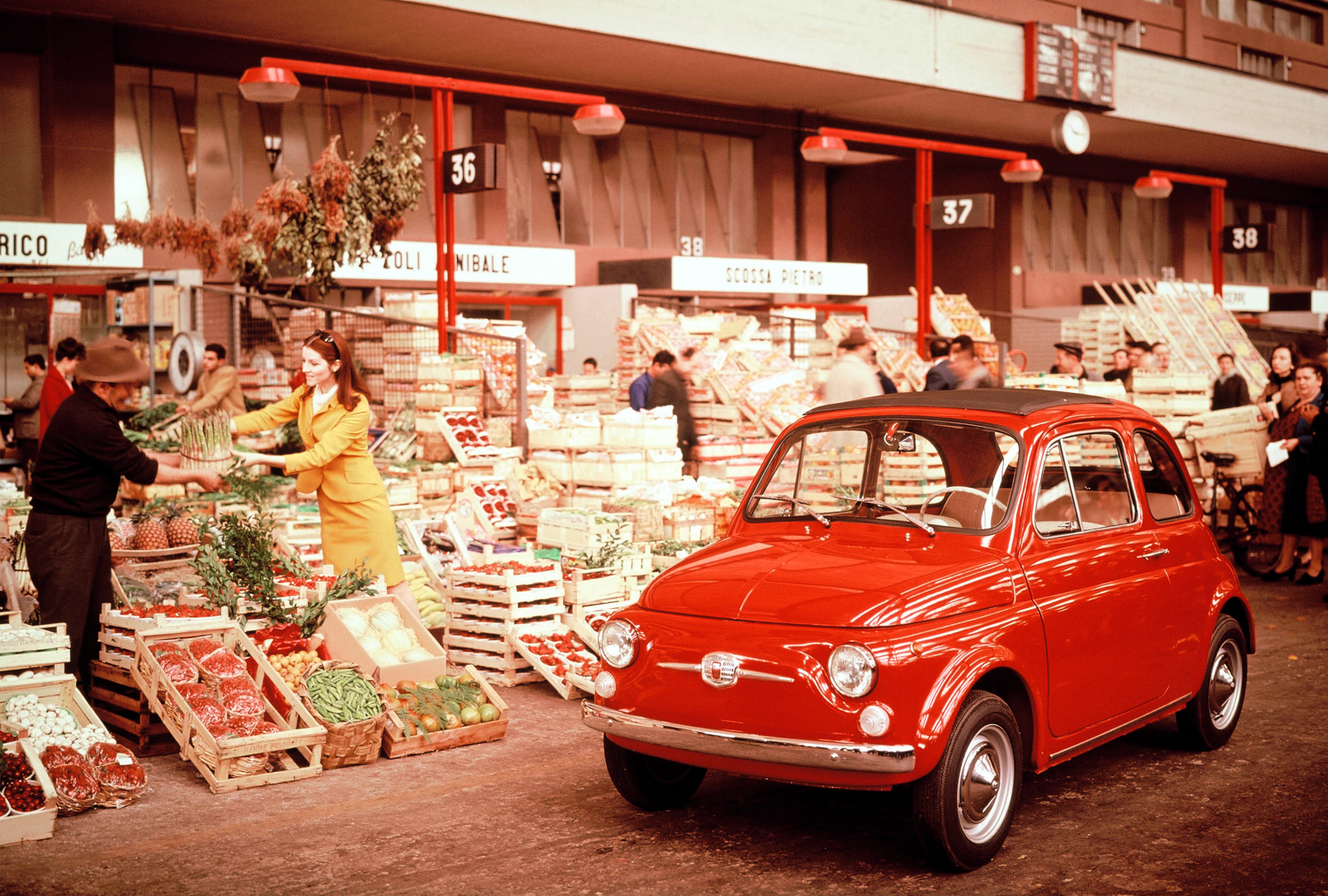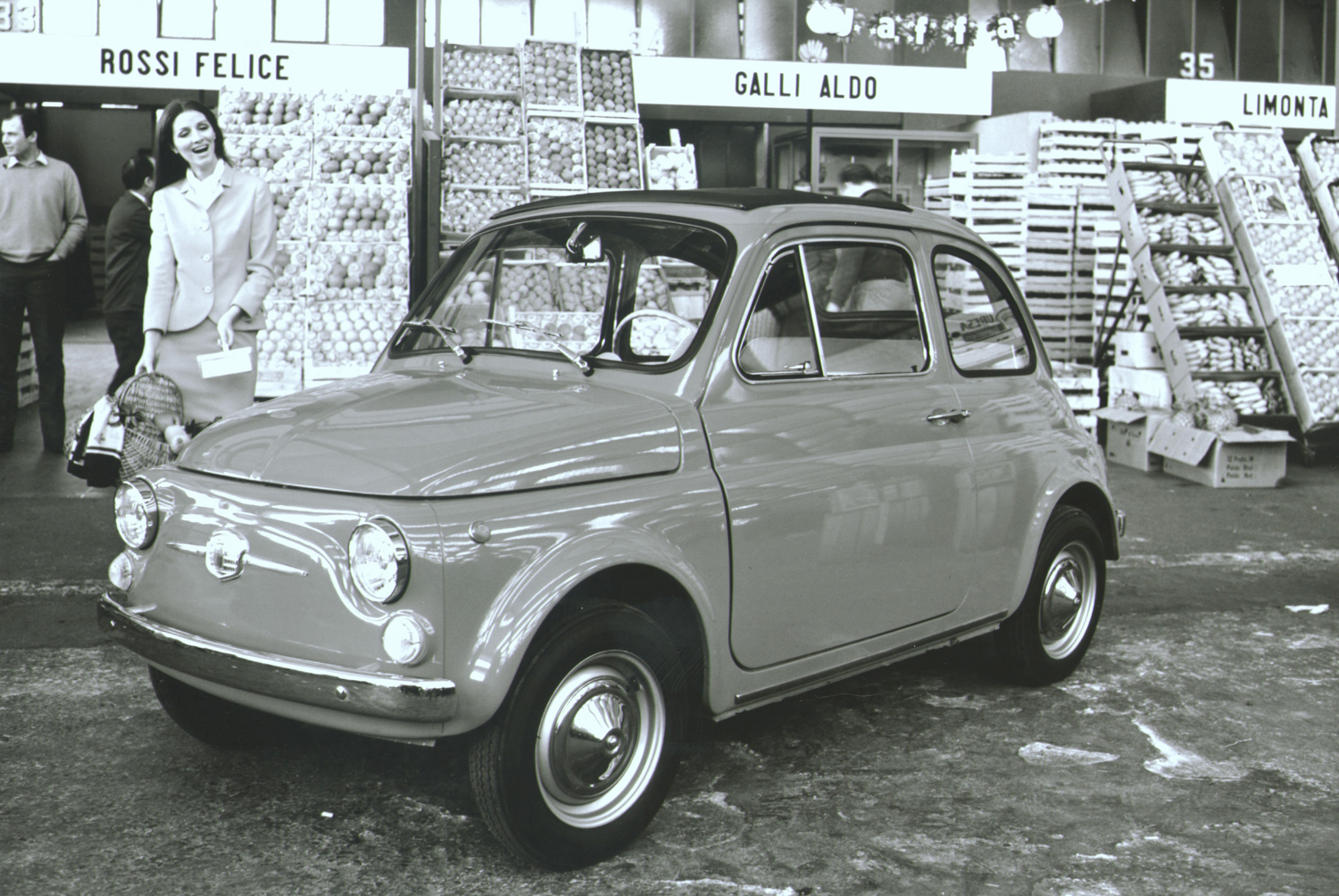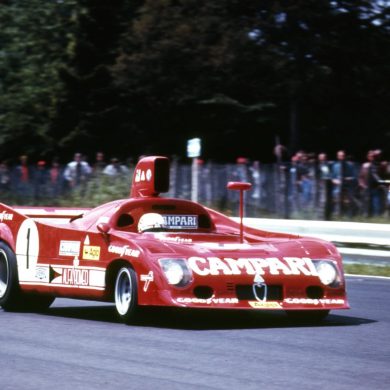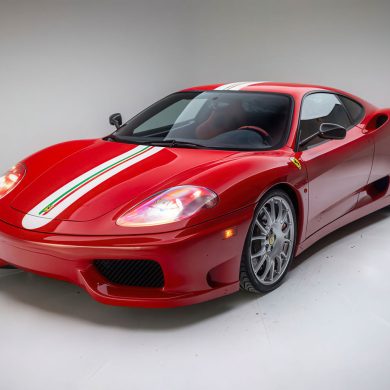Following last year’s acquisition of a Fiat 500 by The Museum of Modern Art (MoMA) in New York, the Fiat 500 F series will be on public display at the Museum for the first time from February 10 to May 27, 2019, as a highlight of “The Value of Good Design,” an exhibition drawn from MoMA’s stellar collection of industrial design.
“The 500 is an icon of Italian style that never went out of fashion and that over the decades gained fans all around the world because of its key features and strong personality,” said Luca Napolitano, Head of EMEA Fiat and Abarth brands. “Since 1957, Fiat 500 has always brought colors and smiles to everyday lives on the roads of the world, becoming an ambassador of the ‘Bel Paese’ and an icon of style and design ‘made in Italy’.”
About Fiat 500
The model on display at MoMA is a 500 F series, the most popular 500 ever, produced from 1965 to 1972. Counting the other versions (namely, the Sport, D, L and R) of the first generation, a total of more than 4 million cars were produced from 1957 to 1975. The car is a clear expression of form following function, a logical and economical use of materials and a belief that quality design should be accessible to all. The development of inexpensive, reliable cars like the Fiat 500 was essential for the motorization of the post-war European continent. Through its design and its centrality to the story of mid-century Italy, the 500 embodies many of the principles that typified mid-century modernist design and connects it to themes explored in works throughout the Museum’s collection.
Commonly referred to as the “Cinquecento,” the Nuova 500 was designed by designer and engineer Dante Giacosa and launched in 1957. Giacosa, who joined Fiat in 1927, was responsible for many of the most important designs to emerge from the automaker during his 43-year career, including the original 500 “Topolino” and the later 500 “Nuova.” A compact, rear-engine city car, the 500 was conceived as an economical car for the masses. Despite its small exterior dimensions, Giacosa’s design maximized interior volume, resulting in a surprisingly spacious interior that could accommodate four passengers. The standard-feature foldable fabric roof imbued this economy car with a sense of luxury while simultaneously reducing the amount of steel — a precious commodity at the time — necessary for production of the car.
This undisputed success was followed up in 2007 with the launch of the new generation. Today’s 500, just like its illustrious ancestor, immediately proved highly successful worldwide with an impressive array of prizes, including “Car of the Year” and “Compasso d’oro.”
The Value of Good Design
Featuring objects from domestic furnishings and appliances to ceramics, glass, electronics, transport design, sporting goods, toys and graphics, The Value of Good Design (February 10 – May 27, 2019) explores the democratizing potential of design, beginning with MoMA’s Good Design initiatives from the late 1930s through the 1950s, which championed well-designed, affordable contemporary products. The concept of Good Design also took hold well beyond the Museum, with governments on both sides of the Cold War divide embracing it as a vital tool of social and economic reconstruction and technological advancement in the years following World War II, of which the Fiat 500 is a classic example. The exhibition also raises questions about what Good Design might mean today, and whether values from mid-century can be translated and redefined for a 21st-century audience. Visitors are invited to judge for themselves by trying out a few “good design” classics still in production, and exploring how, through its design stores, MoMA continues to incubate new products and ideas in an international marketplace.
For more on the MoMA exhibit visit https://www.moma.org/calendar/exhibitions/5032?locale=en


